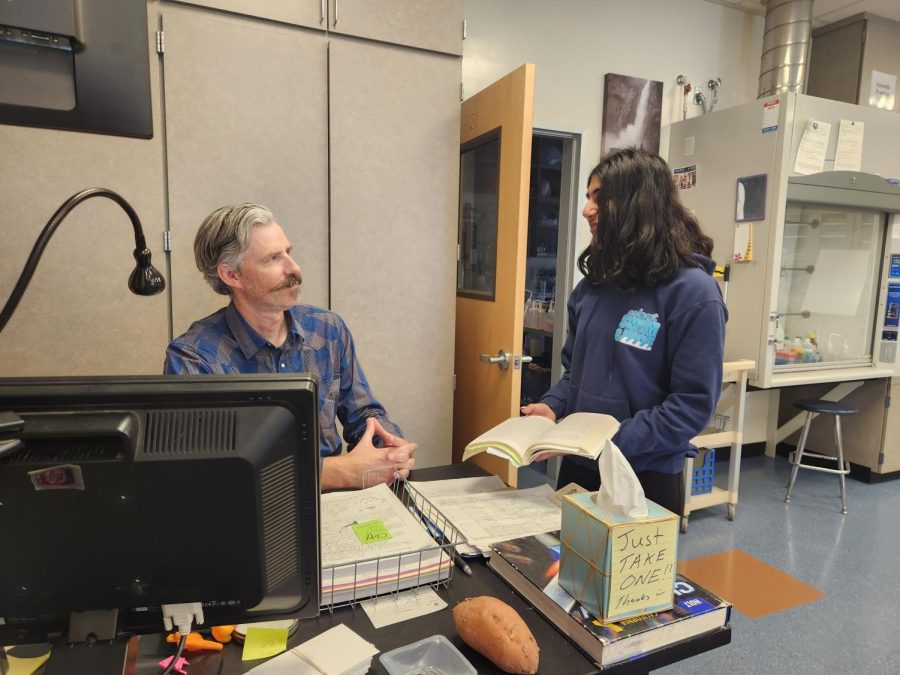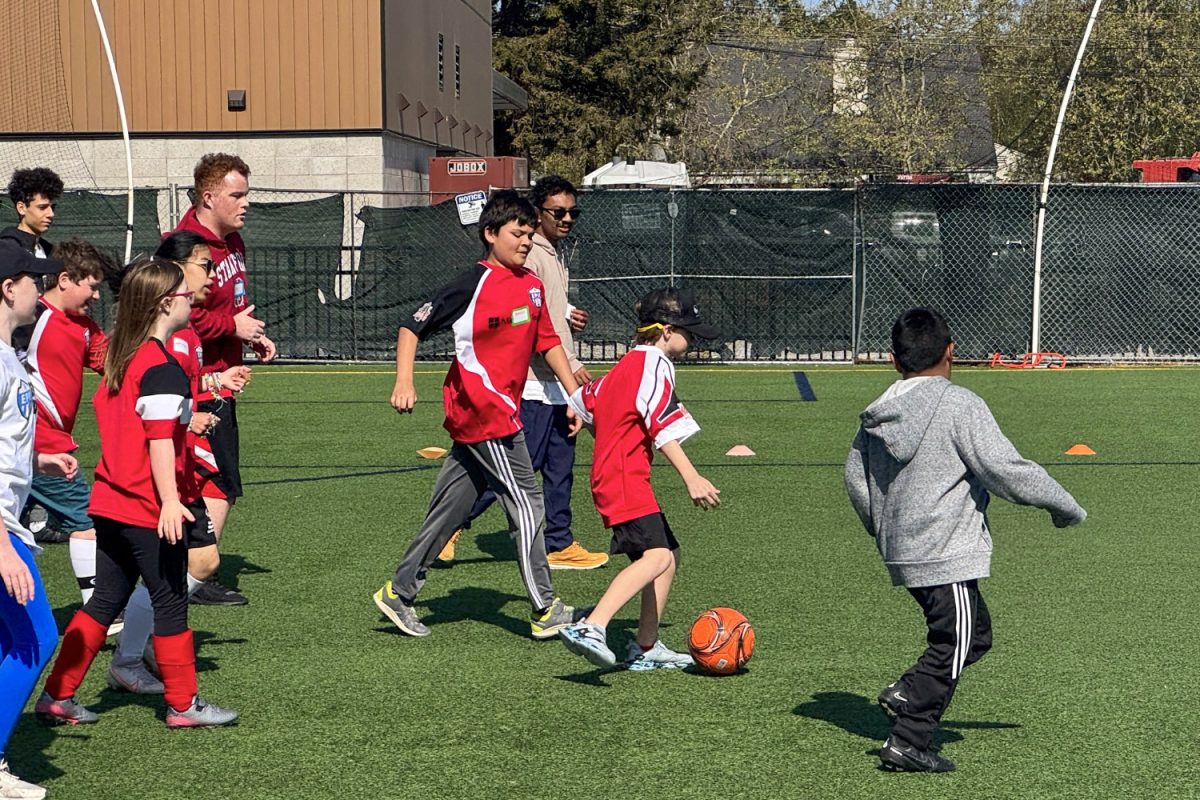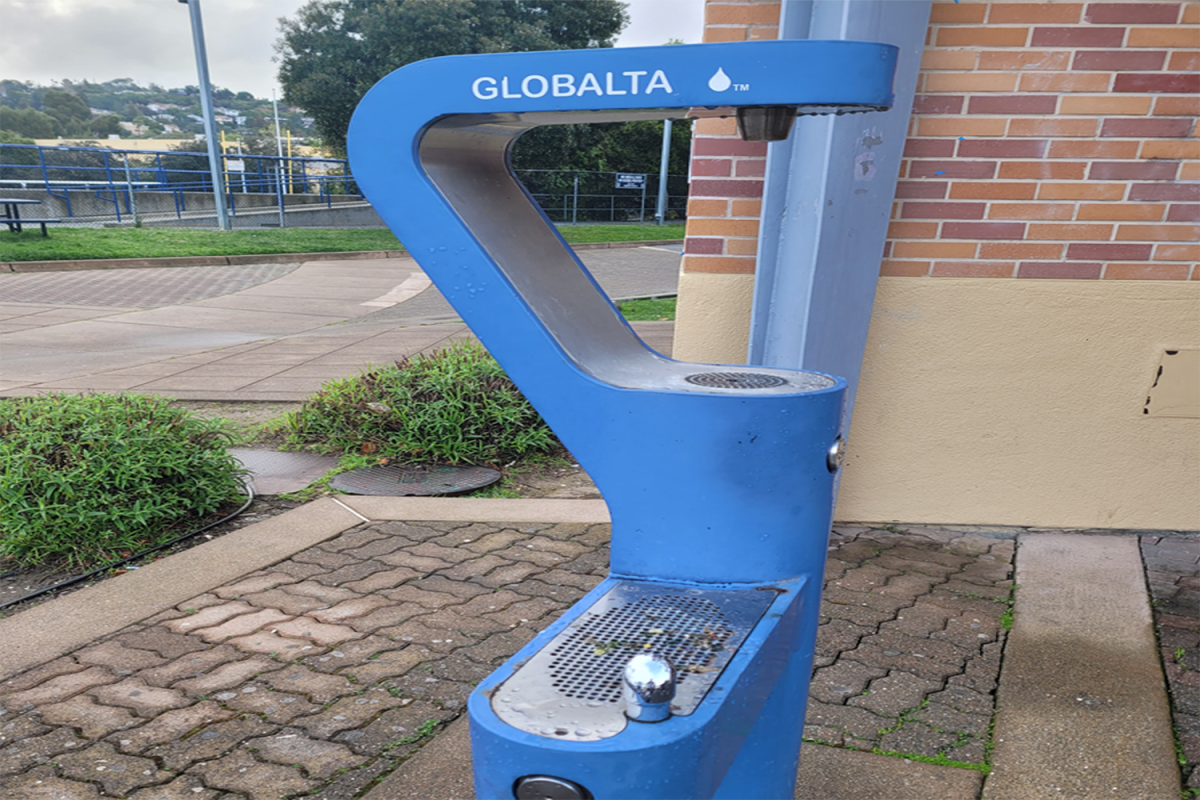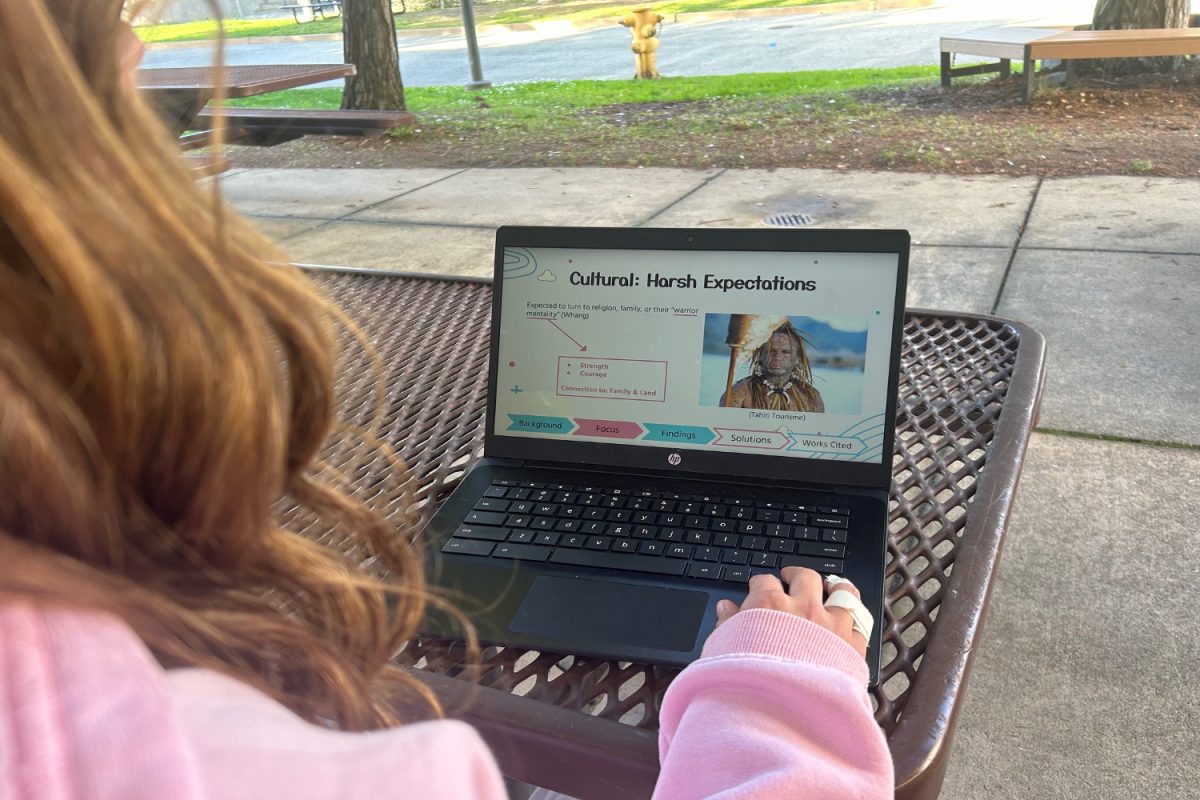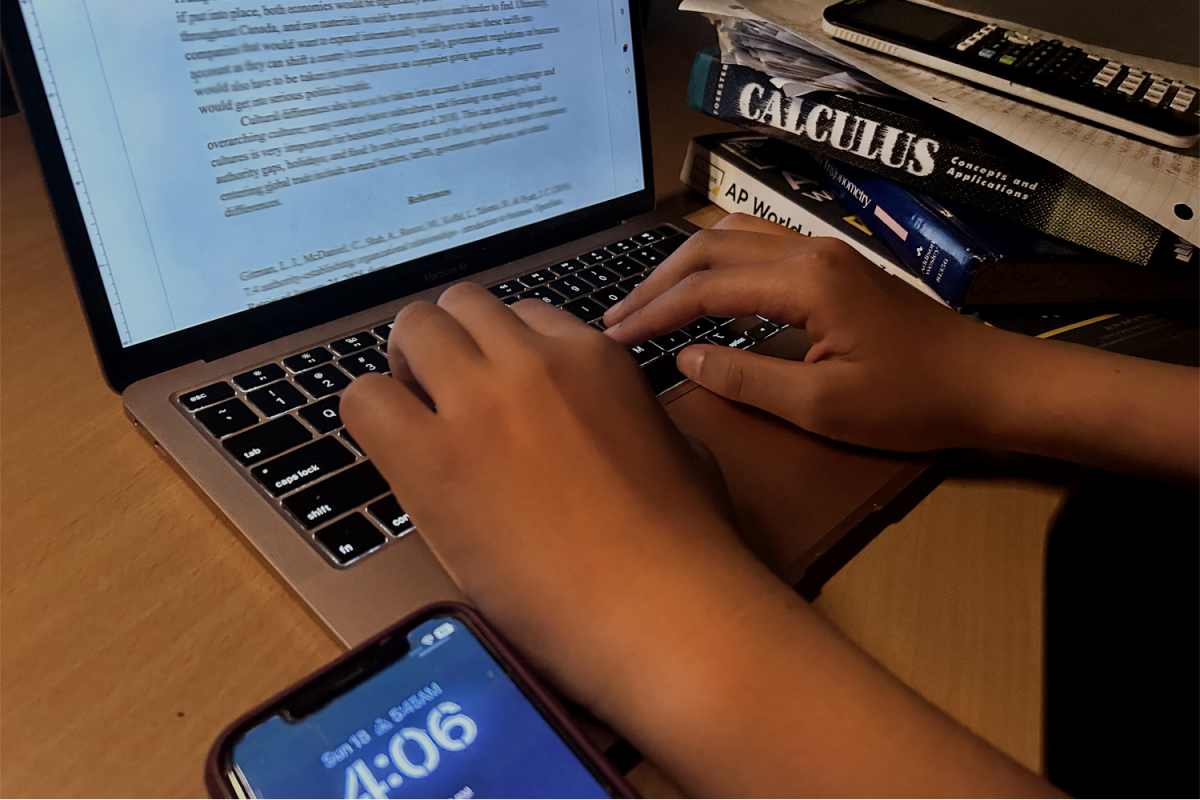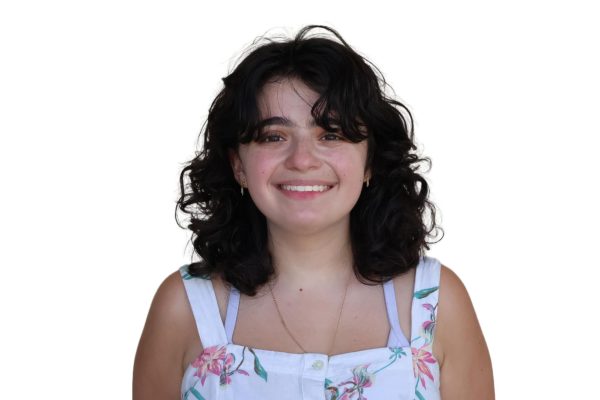Students, especially those in their teen years, often find they need accommodations to get them through school successfully.
Some must advocate for themselves if they want those accommodations. However, Alexander Kingston, an accommodations and self-advocation activist, notes how difficult it can be.
“It’s human nature that we don’t like to ask for help, we want to be able to be independent, and the act of having to become vulnerable and ask for something we believe we need is like inner conflict,” Kingston said.
In some cases, students are aware that teachers are accommodating, and often, even without official documents, teachers may be lenient about turning in assignments on time. However, it is usually more challenging for students to receive accommodations without official 504 or Individualized Education Program (IEP) documents, which are legal documents that give certain accommodations to people depending on their disability.
In younger years, teachers are responsible for making sure their students have the correct accommodations given to them. But as time progresses, students have to be more accountable for their needs.
At the high school level, many of the requests are handled on a case-by-case basis.
“I’ve had students come in asking for accommodations,” said Kimberly Miller, a guidance counselor at Carlmont High School. “If a student doesn’t have an official plan, we can ask a teacher for accommodations.”
If a student does not have a 504 or IEP plan and is requesting accommodations, they can apply for one as long as they are eligible.
“A student typically has to have a diagnosed disability because [it] is a part of the Americans with Disabilities Act,” Miller said. “Then they have to show that it’s impacting their education.”
According to Miller, for people without diagnosed disabilities, depending on potential signs of a disability and their circumstances, the school can work something out.
Despite these examples, there are many cases of students who find the process challenging and ultimately will not ask for accommodations.
Special education teacher Rachel Fenech has sisters with IEPs and 504s, and Fenech said they had trouble asking for accommodations.
“[My sisters] never advocated for themselves; they always asked my mom to do it for them,” Fenech said.
Students find it difficult to step up because they feel like they are being a bother for needing accommodations.
“If I am not automatically given my accommodations after an IEP meeting, I will not want to ask for it because I feel like I’m bothering them,” said Mac Akers, a sophomore. “I expect my case manager to figure that out for me.”
Needing help and accommodations can also make people feel outcasted and ridiculed.
“Asking for help or having an aide with you is social suicide sometimes,” Akers said.
There are also many other issues when trying to self-advocate. Kingston stated that it is much more complicated to advocate for oneself when there is a lack of support. In other words, if a teacher or authority figure is denying accommodations, it makes it challenging to self-advocate, and the problem is either left unresolved or for someone else to figure it out.
Despite many problems that come with advocating for accommodations, people like Kingston look at other countries and their improvements in accommodating people with disabilities.
“If one country could create a good system, that gives me hope that other countries will reach that too,” Kingston said.

